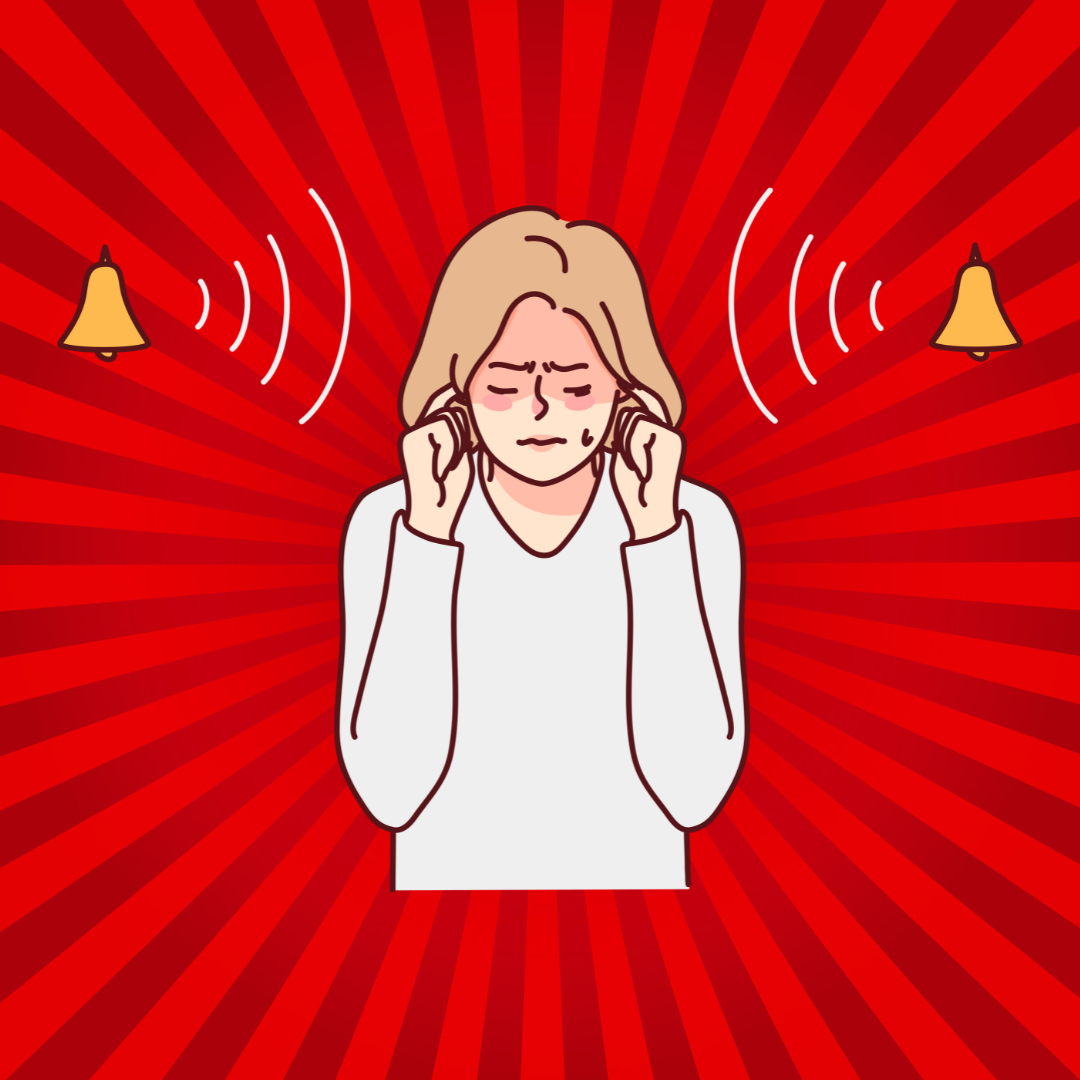Annoy
Definition
Annoy is a verb that means to cause slight irritation or discomfort to someone, often repeatedly or persistently. It can also imply provoking mild anger or displeasure.
Parts of Speech
- Verb
Pronunciation
American English
- IPA Pronunciation: /əˈnɔɪ/
- Respelling: uh-NOY
British English
- IPA Pronunciation: /əˈnɔɪ/
- Respelling: uh-NOY
Etymology
The word "annoy" originates from the Old French "anoier," which came from the Vulgar Latin "inodiare," meaning "to make hateful" or "to cause displeasure." The term entered Middle English in the 13th century, conveying the idea of irritation or nuisance.
Derivatives
- Annoyance (noun)
- Annoying (adjective)
- Annoyed (adjective)
- Annoyer (noun)
- Annoyingly (adverb)
Synonyms
- Irk
- Bother
- Aggravate
Antonyms
- Calm
- Comfort
- Appease
Usage
The verb "annoy" is used to describe actions that irritate or bother someone, usually in a way that causes mild irritation. For example, "The loud noise began to annoy him," or "Her habit of tapping her pen annoyed her classmates."
Related Terms
- Frustrate: To make someone feel annoyed or upset because they cannot achieve something.
- Exasperate: To irritate or provoke someone intensely.
- Nuisance: A person, thing, or circumstance causing inconvenience or annoyance.
Detailed Definitions
Verb
- To cause slight irritation or discomfort to someone: Refers to actions that disturb or bother a person.
- Example: "The buzzing of the flies annoyed him as he tried to focus."
- To provoke mild anger or displeasure: Describes actions that cause someone to feel frustrated or mildly angry.
- Example: "His constant interruptions annoyed the speaker."
annoy



🇨🇳 Mandarin
- 烦恼 (fánnǎo)
- IPA Pronunciation: /fʌn naʊ/
- English respelling: fuhn-now
- 惹恼 (rěnǎo)
- IPA Pronunciation: /ɻɤ˨˩nau˧˥/
- English respelling: ruh-now
🇮🇳 Hindi
- चिढ़ाना (chidhana)
- IPA Pronunciation: /tʃɪɖʱɑːnɑː/
- English respelling: chi-rhaa-na
- परेशान करना (pareshaan karna)
- IPA Pronunciation: /pəreːʃɑːn kərnɑː/
- English respelling: puh-ray-shaan kar-na
🇪🇸 Spanish
- Molestar
- IPA Pronunciation: /mo.leˈstaɾ/
- English respelling: mo-leh-star
- Fastidiar
- IPA Pronunciation: /fas.tiˈdjaɾ/
- English respelling: fas-tee-dyar
🇫🇷 French
- Ennuyer
- IPA Pronunciation: /ɑ̃.nɥi.je/
- English respelling: ahn-nwee-yay
- Agacer
- IPA Pronunciation: /a.ga.se/
- English respelling: a-ga-say
🇸🇦 Modern Standard Arabic
- يضايق (yuda'iqu)
- IPA Pronunciation: /ju.daː.iːq/
- English respelling: yoo-daa-eek
- يزعج (yuz'ij)
- IPA Pronunciation: /ju.zʕi.dʒ/
- English respelling: yoo-zuhj
🇧🇩 Bengali
- বিরক্ত করা (birakt kara)
- IPA Pronunciation: /bi.rokt ˈkɔra/
- English respelling: bi-rokt kor-a
- ঝাঁকিয়ে দেওয়া (jhankie deoya)
- IPA Pronunciation: /dʒʰãki.ei d̪eɔ.wa/
- English respelling: jhan-ki-ei deo-wa
🇷🇺 Russian
- Раздражать (razdrazhat')
- IPA Pronunciation: /rɐzˈdrazʲɪtʲ/
- English respelling: raz-dra-zheet
- Беспокоить (bespokoit')
- IPA Pronunciation: /bʲɪspɐˈkojɪtʲ/
- English respelling: be-spo-koi-eet
🇵🇹 Portuguese
- Aborrecer
- IPA Pronunciation: /abuˈʁɛseɾ/
- English respelling: ah-boo-reh-ser
- Incomodar
- IPA Pronunciation: /ĩkoˈmodaɾ/
- English respelling: in-ko-mo-dar
🇮🇩 Indonesian
- Mengganggu
- IPA Pronunciation: /məŋ.ˈɡaŋ.ɡu/
- English respelling: meng-gang-gu
- Menyusahkan
- IPA Pronunciation: /məˈɲu.sʌ.kʌn/
- English respelling: me-nyoo-suh-kun
🇩🇪 German
- Ärgern
- IPA Pronunciation: /ˈɛɐ̯ɡɐn/
- English respelling: air-gurn
- Stören
- IPA Pronunciation: /ˈʃtøːʁən/
- English respelling: shtuhr-en
🇯🇵 Japanese
- 困らせる (komaraseru)
- IPA Pronunciation: /ko.ma.ɾa.se.ɾɯ/
- English respelling: ko-ma-ra-se-ru
- 悩ます (nayamasu)
- IPA Pronunciation: /na.ja.ma.sɯ/
- English respelling: na-ya-ma-su
🇻🇳 Vietnamese
- Làm phiền
- IPA Pronunciation: /lam fien/
- English respelling: lam fien
- Chọc tức
- IPA Pronunciation: /chok tuhk/
- English respelling: chok tuhk
🇰🇷 Korean
- 짜증나게 하다 (jjajeungnage hada)
- IPA Pronunciation: /tɕa.dʑʌŋ.na.ge ha.da/
- English respelling: ja-jeung-na-ge ha-da
- 괴롭히다 (goerophida)
- IPA Pronunciation: /goe.ɾo.phi.da/
- English respelling: go-ro-phi-da
🇹🇷 Turkish
- Rahatsız etmek
- IPA Pronunciation: /rahatˈsɯz etˈmek/
- English respelling: rahat-syz et-mek
- Kızdırmak
- IPA Pronunciation: /kɯzˈdɯɾmak/
- English respelling: kuhz-duhr-mak
🇵🇰 Urdu
- تنگ کرنا (tang karna)
- IPA Pronunciation: /t̪əŋɡ kəɾnə/
- English respelling: tang kar-na
- پریشان کرنا (pareshan karna)
- IPA Pronunciation: /pəreːʃɑːn kərnɑː/
- English respelling: puh-ray-shaan kar-na





